- Home
- About ANT
-
Products
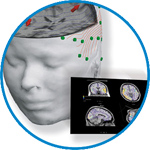
asa
asa is a highly flexible EEG/ERP and MEG analysis package with a variety of source reconstruction, signal analysis and MRI processing features.
.jpg)
eego mylab
The new frontier in multimodal brain research. With up to 16 kHz sampling rate, 256 EEG channels and unique software features, eego mylab gives you an unprecedented in-depth understanding of the human brain.
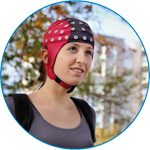
eego sports
eego sports offers complete freedom to collect high-density EEG data, bipolar EMG signals, and a variety of physiological sensor data, wherever and whenever required, with publish quality data in less than 15 minutes!
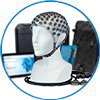
waveguard net
The waveguard net sets a new standard for research applications requiring high-density EEG data acquisition with quick preparation time, high flexibility, and subject comfort.
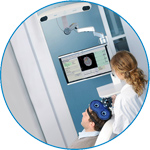
visor2
Our new and upgraded visor2 solutions integrate all the latest technologies for navigated rTMS, dual-coil navigation support, EEG-TMS recordings and pre-surgical evaluation for the highest quality in research and clinical procedures.
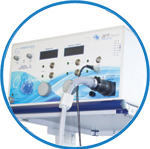
powerMAG ANT
The PowerMAG ANT 100 rTMS stimulator is designed for the specific needs of high-end TMS applications. Powerful high-frequency TMS as well as high precise single pulse and repetitive pulse protocols are combined in one single device.
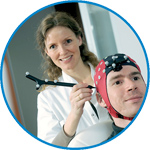
xensor
xensor offers the solution for digitization of 3D electrode positions. xensor takes care of the whole procedure; it records, visualizes and stores positions acquired with a dedicated digitizer.
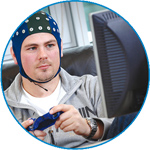
waveguard original
waveguard original is the cap solution for EEG measurements compatible with fMRI, MEG and TMS system. Use of active shielding guarantees performance in even the most demanding environments.
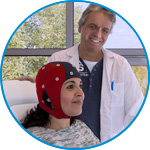
waveguard connect
waveguard connect EEG caps are a perfect match for hospitals and institutes aiming at reliable EEG, maximum uptime and great patient comfort! For optimal signal quality, the electrodes are made of pure, solid tin.
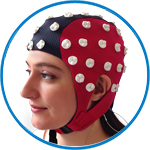
waveguard touch
waveguard touch is a dry electrode EEG cap. The unique Ag/AgCl coated soft polymer electrodes provide stable, research-grade EEG signals while maintaining subject comfort. The combination of these innovative dry electrodes and the industry-leading waveguard cap makes waveguard touch the best solution for dry EEG.
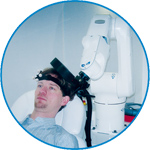
smartmove
smartmove allows planning of a complete TMS session ahead by defining stimulation sites based on anatomical MRI information and functional information like fMRI, PET or EEG/MEG.
Stay - References
- Support
- Events
- News
- Contact Us
You are here
Reversing the Atypical Valuation of Drug and Nondrug Rewards in Smokers Using Multimodal Neuroimaging
Reversing the Atypical Valuation of Drug and Nondrug Rewards in Smokers Using Multimodal Neuroimaging
BACKGROUND:
Chronic substance use can disrupt the reward function of the anterior cingulate cortex (ACC), biasing the ACC to favor goal-directed behaviors that converge on drug use. Here we used multimodal neuroimaging methods to ask whether modulating reward-related signaling in the ACC can reverse the atypical valuation of nondrug and drug rewards in abstinent smokers.
METHODS:
We first recorded functional magnetic resonance imaging data from 20 moderately dependent cigarette smokers (mean age = 25 years; no history of neuropsychiatric disorders), following an overnight period of abstinence, to identify regions of the left dorsal lateral prefrontal cortex associated with the anticipation of drug-related rewards (cigarette puff). Next, we recorded the reward positivity-an electrophysiological signal believed to index sensitivity of the ACC to rewards-while participants engaged in two feedback tasks to gain either monetary or cigarette rewards. Lastly, guided by functional magnetic resonance imaging data, a robotic arm positioned a repetitive transcranial magnetic stimulation coil over a subject-specific dorsal lateral prefrontal cortex target, and 50 repetitive transcranial magnetic stimulation pulses were delivered at 10 Hz (excitatory stimulation) immediately before each block of 10 trials of the money condition and at 1 Hz (inhibitory stimulation) before each block of 10 trials of the cigarette condition.
RESULTS:
Our findings show that abstained smokers exhibited a heightened reward positivity to cigarette rewards relative to monetary rewards, and by applying excitatory or inhibitory repetitive transcranial magnetic stimulation to a subject-specific frontal-cingulate reward pathway, this pattern of results was reversed.
CONCLUSIONS:
By modulating how the brain links value to drug and nondrug rewards, novel brain-based treatments may finally be on the horizon.

 Read more
Read more.jpg)




